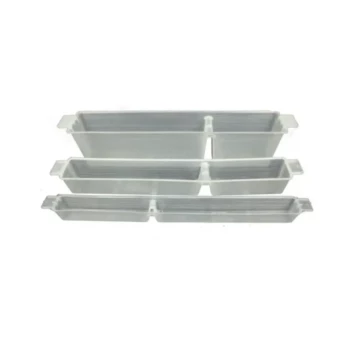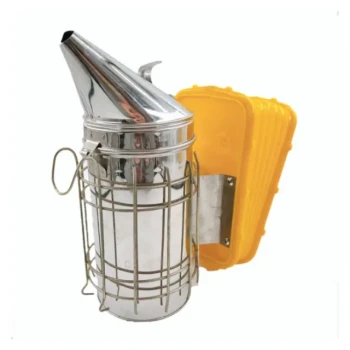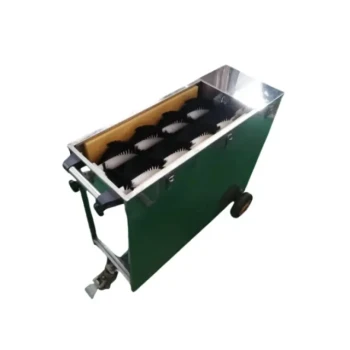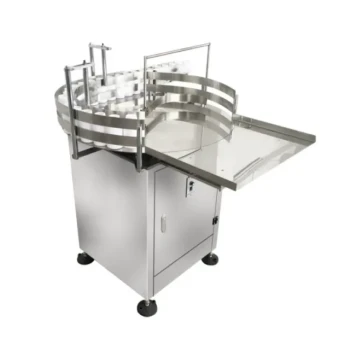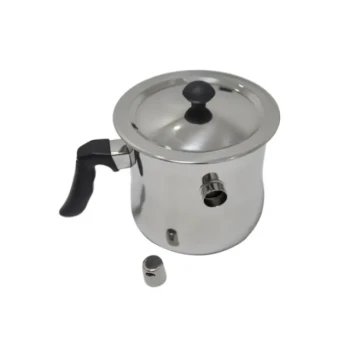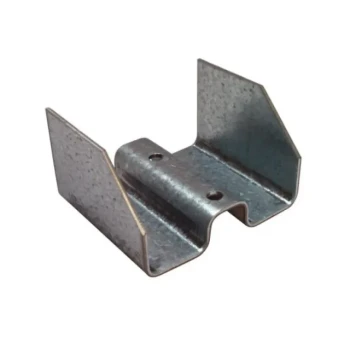Beyond simple sugar, bees require pollen as their other essential food source. While sugar provides carbohydrates for energy, pollen is the bees' sole source of protein, fats, vitamins, and minerals. These nutrients are absolutely critical for raising young bees, maintaining the queen's health, and ensuring the long-term survival of the colony.
A hive cannot survive, grow, or reproduce on sugar alone. Think of sugar as the colony's fuel for daily work, but pollen is the fundamental building block for life itself.
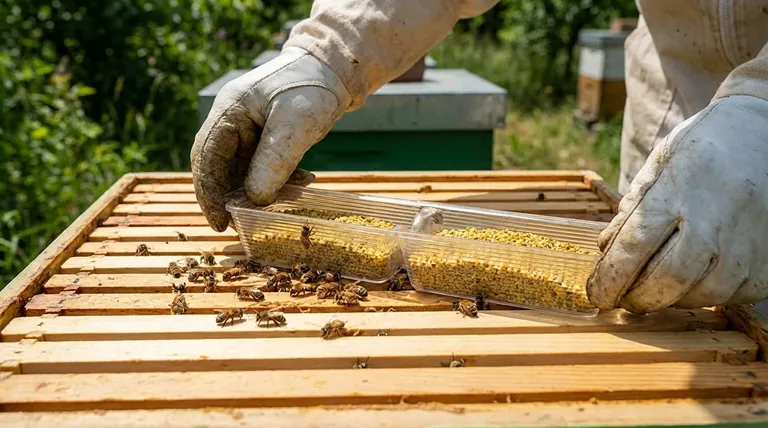
The Two Pillars of a Bee's Diet
A healthy bee colony requires a balanced diet sourced from two distinct natural products: nectar (carbohydrates) and pollen (protein and nutrients). Understanding the role of each is fundamental to responsible beekeeping.
The Role of Sugar (Carbohydrates)
Sugar, naturally found in flower nectar and supplemented by beekeepers as sugar syrup, is the primary energy source for the colony.
Bees convert these carbohydrates into the energy needed for all their activities, including foraging flights, regulating the hive temperature, building wax comb, and feeding the young. It is the high-octane fuel that powers the entire operation.
The Critical Role of Pollen (Protein)
Pollen is often called "bee bread" for a reason. It is the only significant source of protein, lipids (fats), vitamins, and minerals in a bee's diet.
Without pollen, a colony cannot grow. Nurse bees consume vast amounts of it to develop their brood food glands, which produce the royal jelly and worker jelly needed to feed the queen and developing larvae.
Why Pollen is Essential for Brood Rearing
The availability of pollen directly dictates the colony's population dynamics. When fresh pollen is abundant, the nurse bees are well-fed and can produce ample brood food.
This signals to the queen that the colony has the resources to support new life, prompting her to lay thousands of eggs per day. If pollen becomes scarce, brood food production plummets, and the queen will dramatically slow or even completely stop laying eggs.
When to Supplement with Pollen
While bees are excellent foragers, there are specific times when the colony's needs may outpace the available natural pollen, making supplementation a valuable management tool.
During Early Spring Buildup
Providing a pollen substitute or supplement in late winter or early spring, before natural sources are available, can stimulate the queen to begin laying earlier. This helps the colony build a large workforce in time for the main spring nectar flow.
In Times of Dearth
A "dearth" is a period when few nectar- or pollen-producing plants are in bloom, often occurring in late summer. Supplementing with a pollen patty can prevent a halt in brood rearing, ensuring the colony maintains a healthy population.
Preparing for Winter
A final protein boost in the fall helps the colony raise healthy "winter bees." These bees have higher fat reserves and live much longer than summer bees, which is critical for the cluster's survival through the cold winter months.
Understanding the Trade-offs
Providing supplements is a powerful tool, but it is not without risks and considerations. Natural forage is always the superior option.
Supplements Are Not a Perfect Replacement
Pollen patties and powders are excellent substitutes, but they cannot fully replicate the complex and diverse nutritional profile of natural pollen gathered from dozens of different plant species. A varied floral landscape is the best source of nutrition.
The Risk of Attracting Pests
Pollen patties can be highly attractive to pests like small hive beetles and wax moths. Only provide an amount that the bees can consume within a week or two. Placing a large, neglected patty in a weak hive is an open invitation for an infestation.
Natural Forage is Always Preferred
If your bees are bringing in large amounts of fresh, multi-colored pollen on their legs, they do not need a supplement. They will often ignore a patty if superior natural sources are available. Adding one is wasteful and only increases pest pressure.
Making the Right Feeding Choice
Your supplementation strategy should be based on the specific goals you have for your colony.
- If your primary focus is aggressive spring buildup: Provide a pollen patty 4-6 weeks before your area's first natural pollen appears.
- If your primary focus is saving a weak hive or new split: Offer a small patty directly over the brood nest to provide immediate, accessible protein and reduce colony stress.
- If your primary focus is navigating a summer dearth: Monitor the entrance for pollen collection and supplement only when you see activity has dropped off significantly.
- If your primary focus is natural beekeeping: Avoid supplements and concentrate on planting diverse, season-long forage for your bees.
By providing for both the energy and the nutritional needs of your bees, you transition from simply keeping a hive to actively enabling your colony to thrive.
Summary Table:
| Food Type | Primary Role | Key Nutrients | When to Supplement |
|---|---|---|---|
| Sugar Syrup | Energy source for daily activities | Carbohydrates | Early spring, fall, during dearth |
| Pollen/Pollen Patties | Brood rearing & colony growth | Protein, fats, vitamins, minerals | Spring buildup, summer dearth, fall prep |
Equip your apiary for success with HONESTBEE.
As a trusted supplier for commercial apiaries and beekeeping equipment distributors, we provide the high-quality pollen supplements, feeding systems, and essential supplies your operation needs to maintain strong, productive colonies. Our wholesale-focused solutions are designed to support large-scale beekeeping success.
Contact our expert team today to discuss your specific needs and learn how we can help your bees thrive.
Visual Guide
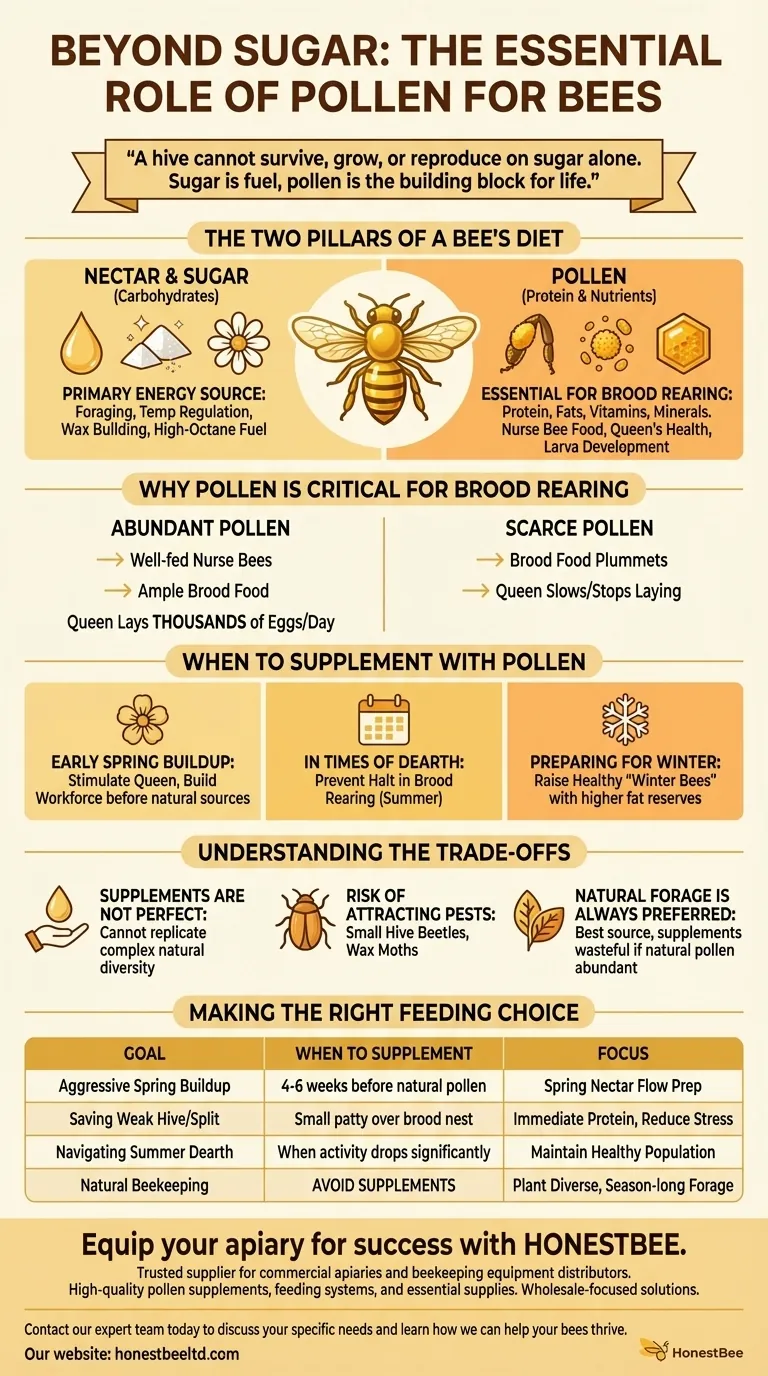
Related Products
- In-Hive Dual Compartment Frame Bee Feeder for Targeted Colony Nutrition
- HONESTBEE Professional Entrance Bee Feeder Hive Nutrition Solution
- Boardman Entrance Bee Feeder Durable Galvanized Steel and Wood Construction for Beekeeping
- 3.5L Plastic Beehive Frame Feeder Deep Frame Water Feeder for In Hive Use
- Professional Hive Front Entrance Bee Feeder
People Also Ask
- What are the essential maintenance practices for a bee pollen trap? Tips for Longevity and Purity
- What are the advantages of using a professional drying oven for bee pollen dehydration? Maximize Purity and Potency
- What are the potential negative impacts of using pollen traps on a bee colony? Impacts on Health and Honey Yield
- What role do laboratory-grade high-power microscopes play in monitoring pollen abundance? Precision Beekeeping Analysis
- What are the market standards for pollen? Human Consumption vs. Bee Feed Guidelines
- What is the technical purpose of the 5mm aperture in an external pollen trap? Master Precision Pollen Harvesting
- What are the differences between bottom-mounted and top-mounted pollen traps? Choose the Right Trap for Your Hive
- What are the main steps involved in processing collected bee pollen? Expert Guide to Harvesting and Preservation
